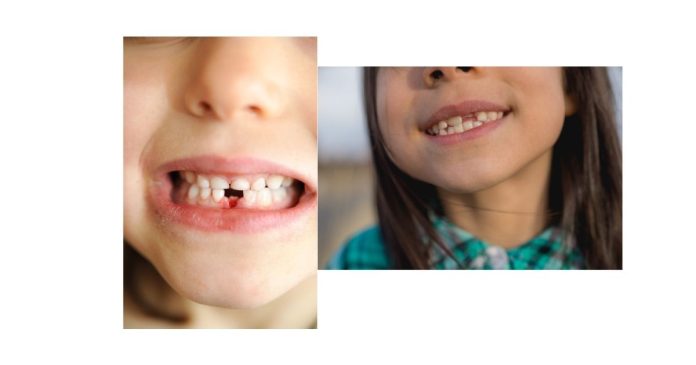Teeth are an essential part of our daily lives, enabling us to eat, speak, and smile with confidence. Losing teeth, whether as a natural process in childhood or unexpectedly in adulthood, can be a concerning experience. Understanding the causes and solutions can help ease any worries and guide you toward the best course of action.
Why Do People Lose Teeth?
1. Natural Tooth Loss in Children
For children, losing teeth is a normal part of development. Baby teeth, also known as primary teeth, typically begin to fall out around age six, making way for permanent adult teeth. This process continues until early adolescence and is usually painless.
2. Gum Disease
One of the leading causes of tooth loss in adults is gum disease, or periodontal disease. This condition is caused by bacterial infections that damage the gums and supporting structures of the teeth. Symptoms include swollen or bleeding gums, persistent bad breath, and loose teeth. Without treatment, gum disease can lead to tooth loss.
3. Tooth Decay
Cavities that go untreated can severely damage a tooth, leading to its loss. Proper oral hygiene and regular dental check-ups are crucial in preventing decay.
4. Trauma or Injury
Accidents or injuries can result in teeth being knocked out or damaged beyond repair. Wearing mouthguards during sports and practicing safety precautions can help reduce this risk.
5. Other Health Conditions
Conditions like diabetes, osteoporosis, or certain genetic disorders can weaken the structures that support teeth, increasing the likelihood of tooth loss.
What Are the Implications of Losing Teeth?
Tooth loss can affect more than just appearance. Missing teeth can:
- Impact speech and chewing ability.
- Lead to shifting of surrounding teeth, causing alignment issues.
- Result in bone loss in the jaw, altering facial structure over time.
Steps to Take if You’re Losing Teeth
- Consult a Dentist: If you notice loose teeth, gum pain, or other symptoms, seek professional advice promptly. Early intervention can often save teeth.
- Practice Good Oral Hygiene: Brush twice daily with fluoride toothpaste, floss regularly, and use an antibacterial mouthwash to keep your teeth and gums healthy.
- Consider Tooth Replacement Options: Modern dentistry offers several solutions for missing teeth, including:
- Dental Implants: A permanent solution that mimics natural teeth.
- Bridges: A less invasive option that replaces one or more missing teeth.
- Dentures: Removable replacements for multiple missing teeth.
- Maintain Regular Check-Ups: Regular dental visits can catch problems early and help prevent tooth loss.
Preventing Tooth Loss
Prevention is always better than cure. Some simple steps to maintain a healthy smile include:
- Eating a balanced diet rich in vitamins and minerals.
- Avoiding tobacco products, which can increase the risk of gum disease.
- Wearing protective gear during activities that could result in injury.
Losing teeth doesn’t have to be a life-altering event. With advances in dental care and a proactive approach to oral health, you can maintain a healthy, confident smile for years to come. If you’re concerned about tooth loss or need guidance, don’t hesitate to reach out to a dental professional—your smile is worth it



